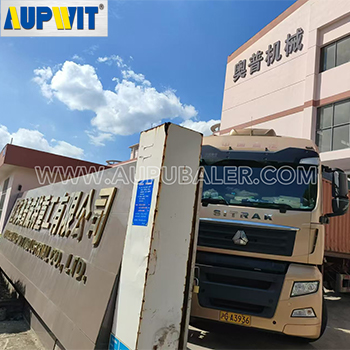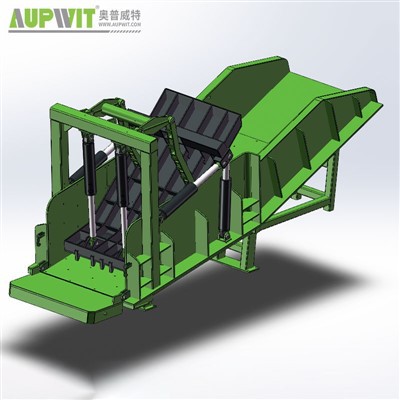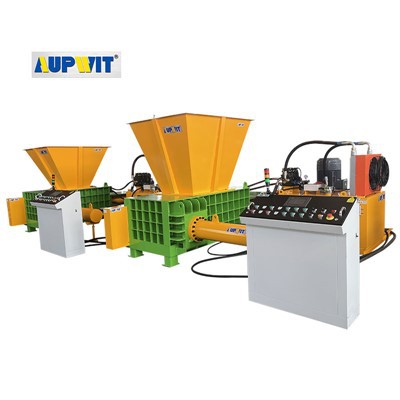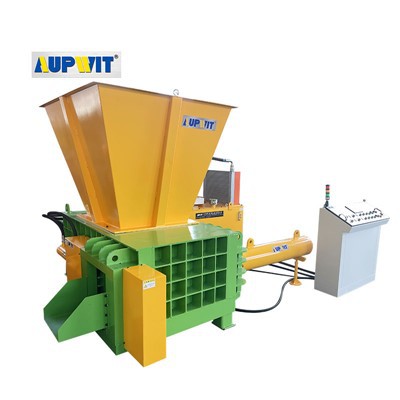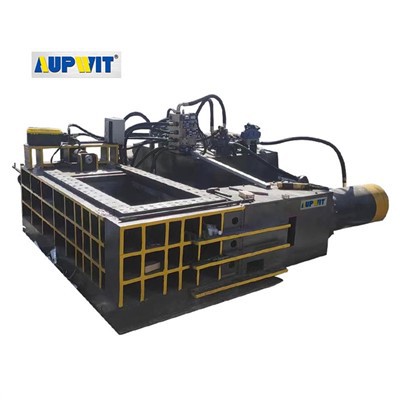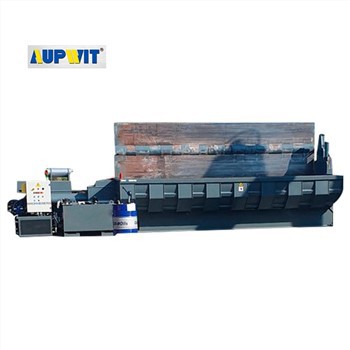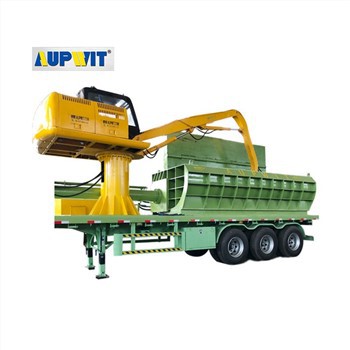When feeding, materials suitable for Metal shredder should be selected. It is strictly forbidden to feed materials that are too large, too long or irregular in shape. Some large metal structures, if put into the crusher directly without disassembling, can easily cause the crusher to be blocked and affect normal operation.
2. Uniform feeding
Ensure a stable and uniform feeding speed with the help of a feeding device. Avoid overfeeding or sudden large amounts of feeding. This allows the crusher to operate under a stable load and prevent material from accumulating in the crushing chamber. When conditions permit, install a feeder with a speed regulation function to adjust the feeding speed according to the crusher's processing capacity.
3. Regular equipment inspection and maintenance
Regularly check the condition of the crusher's blades, hammers and other parts. If they are excessively worn, they need to be replaced in time. Sharp blades and hammers can cut and crush materials more efficiently and reduce the possibility of blockage. At the same time, regularly check and clean the discharge port to ensure smooth discharge. Remove accumulated materials or debris to prevent them from clogging the outlet.
4. Particle size control
According to the desired final particle size, reasonably set the particle size adjustment mechanism. If the particle size is set too small, the material may be repeatedly crushed and cause blockage; conversely, if the particle size is too large, it cannot meet the processing requirements. Therefore, the particle size should be adjusted reasonably according to the actual situation. For example, when the processed metal particles are needed for a specific casting process and the particle size is required to be 5-10 mm, the crusher particle size should be adjusted to this range.
5. Material pretreatment
Some materials may contain impurities or non-metallic components, which can be removed by pretreatment methods such as magnetic separation and screening before crushing. This can improve the purity of the material and reduce the risk of blockage caused by foreign matter. In addition, for materials with high water content, drying treatment can be carried out in advance to improve the crushing efficiency and avoid blockage caused by material agglomeration due to moisture.
